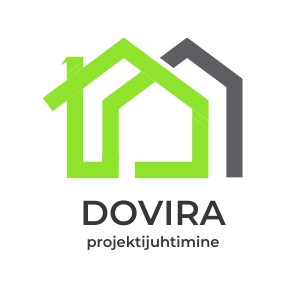The ultimate guide to risk management in projects
Risk management is a systematic process of identifying, analyzing, and responding to project risks. It involves the coordination of activities to direct and control an organization with regard to risk.
Effective risk management is crucial for the success of any project. It helps in minimizing the impact of potential threats and maximizing the realization of opportunities, ensuring that project objectives are achieved within the defined scope, time, and cost constraints.
Identifying Risks
Several tools and techniques can be employed for risk identification, including brainstorming sessions, Delphi technique, SWOT analysis, and checklists. These methods help in uncovering potential risks that could affect the project's success.
A risk register is a tool used to document all identified risks along with their characteristics. It serves as a central repository for all risks identified throughout the project's life cycle.
Analyzing Risks
Qualitative risk analysis involves assessing the impact and likelihood of identified risks using a predefined ranking system. This helps in prioritizing risks based on their potential effect on project objectives.
Quantitative risk analysis quantifies the possible outcomes of risks and assesses the probability of achieving specific project objectives. This analysis often involves numerical methods such as Monte Carlo simulations and decision tree analysis.
Planning Risk Responses
Common strategies for dealing with negative risks include avoidance, transfer, mitigation, and acceptance. Each strategy offers a different approach to managing threats that may derail the project.
Positive risks or opportunities can be addressed through strategies such as exploiting, sharing, enhancing, and accepting, with the aim of increasing the likelihood of their occurrence.
Monitoring and Controlling Risks
Key Risk Indicators are metrics used to provide an early signal of increasing risk exposures in various areas of the enterprise. Monitoring KRIs helps in detecting potential problems before they escalate.
Conducting regular risk audits is an essential part of the risk management process. It involves the examination and documentation of the effectiveness of risk responses in dealing with identified risks and their root causes.
Risk Management Tools and Software
Effective risk management software should offer features such as risk identification, analysis, response planning, and monitoring. It should also facilitate collaboration among team members and integrate seamlessly with other project management tools.
Integrating risk management tools into the overall project management process ensures that risk is considered at every stage of the project, promoting a proactive approach to managing potential issues.






Comments (0)